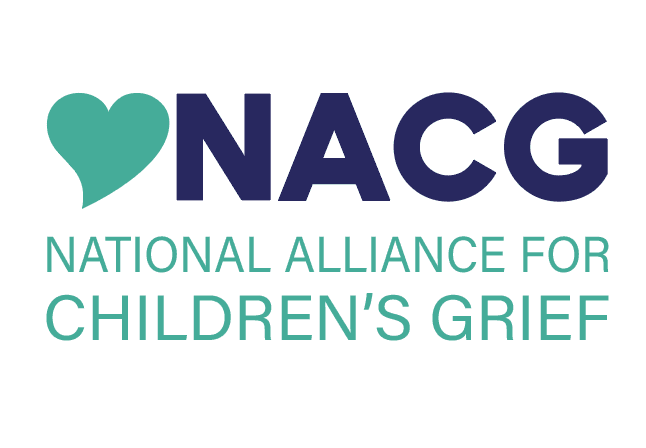
The changes and challenges that come following the death of a loved one can make it difficult to focus on obtaining the support needed. However, it is this support that can provide a guiding light as we make it through the darkest moments in our grief. Seeking out support can be overwhelming and confusing as you try to make the best decision for yourself and your family. Below, we provide some simple tips to demystify the process and help you choose the right grief support for you.
What Grief Support Are You Looking For?
Mental health counseling and grief support groups are two common avenues people pursue after the death of a loved one. Figuring out the best option for yourself is a great place to begin. When seeking professional mental health support, it is important to consider the experience of the therapist in working with grief and their awareness of specific cultural and religious rituals after the loss of a loved one. If seeking support for your child, the mental health professional must be knowledgeable in the grieving process of children as they express their grief in different ways as they grow older. There may be other specific factors that apply to you and your family in considering individual counseling. Thinking through these is important to find a good fit in professional support.
Joining a grief support group, such as those provided by the Children’s Bereavement Center, is a great option for those looking to connect with other individuals who have experienced a loss while also processing your own grief. Similar to seeking individual grief counseling, grief support groups should fit your individual and/or family needs. Some factors to consider are the type of grief support group (i.e., loss-specific, time-limited vs. open-ended, curriculum-based vs. open-process), whether the support group is available for the whole family or age-specific, and flexibility in scheduling. With the growth in virtual services due to the pandemic, many support groups, including the CBC’s, are provided virtually as well.
Get Organized Before You Call
Making that initial call for support can be challenging as you prepare to talk about your needs. Getting organized before you make this call can ease overwhelming emotions. Getting organized can mean understanding what you are looking for, having a family member or friend with you as you make the call, and writing down the questions you may have beforehand. For many, this may be the first time seeking grief support. It is normal to have questions about the process and what to expect for you and your family.
Make an Appointment and Attend
After collecting information and obtaining answers to your questions, the next step is to make an appointment and attend. Though this sounds simple enough, it can be the most difficult step for many. Of course, there is no need to rush this process; however, do understand that the support offered by these services is most beneficial if you participate. Taking a moment to check in with yourself and recognizing your needs can help you make a better assessment of your readiness for support.
For additional resources, visit our website at www.childbereavement.org. To register for our free virtual grief support groups, give us a call at (888) 988-5438 or e-mail support@childbereavement.org.









